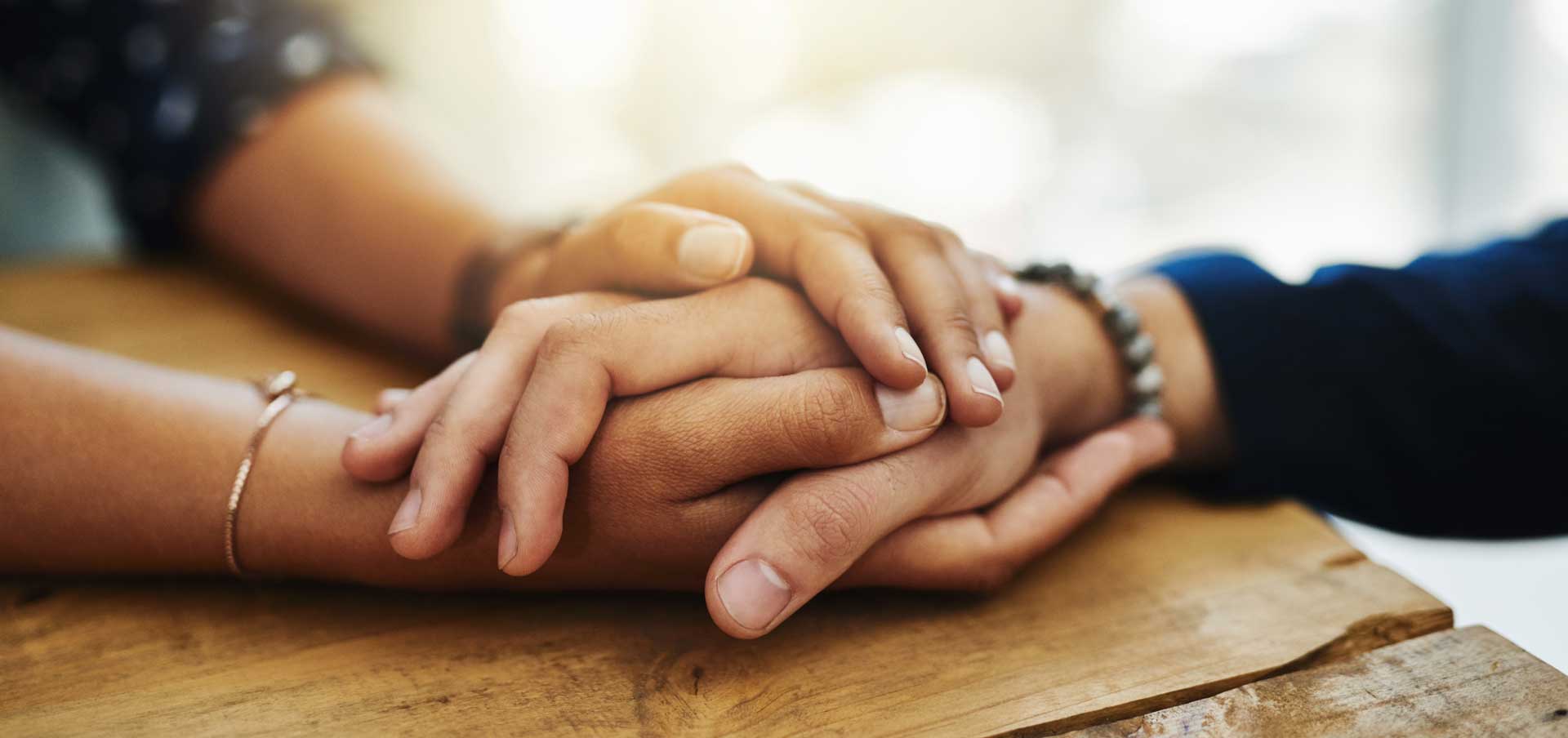How a Cancer Diagnosis Can Affect Your Mental Health
When I was in my late teens, my Mum lost her fight with cancer.

It took four months to discover exactly what was causing her symptoms, and the rarity of her diagnosis meant a rollercoaster ride of hope and despair before finally accepting palliative care as the best course of treatment. She passed away within ten months of first experiencing tiredness as the earliest indicator that something wasn’t quite right. The uncertainty and acceptance of her prognosis resulted in a mental health struggle for both her and those closest to her.
After suffering acute kidney failure in the winter of 2009, and in recovery myself, it was comforting to have my mum coordinating her doctor tests and hospital stays with my own treatment. I’ll never forget waiting in the nuclear medicine department at the hospital ahead of my kidney function test, and my mum trotting round the corner in a hospital gown – her knickers fully exposed at the back – to sit and wait with me. She was staying in an upstairs ward receiving a number of tests and blood transfusions to try and stabilise her bloodwork. At this point we didn’t know the severity of her condition, and therefore we had a lot of hope. Our mental health wasn’t suffering and we were filled with optimism. She was otherwise extremely healthy, her odds of a full recovery seemed good, and my own condition was stable too. It was comforting, reassuring and with her wicked sense of humour, it was hard to feel low.
Despite being faced with the Big C, we had plenty of happiness in what is otherwise an anxious time. We’d dance in the hospital rooms to her terrible music choices, and we’d pick up a takeaway after a long day on the chemo ward. We’d visit towns and cities in the weeks where she felt strong enough and we were surrounded with a loving community of family and friends - with excellent baking skills I might add!
Saying that, as with anyone diagnosed with cancer, you’re thrown into an unfamiliar world of GP visits, hospital tests, consultants with big fancy titles, and a sea of vocabulary that might as well be in a foreign language. As you can imagine, feeling overwhelmed is a given, and I know my Mum struggled to keep up her spirits at times. As her primary carer, I too suppressed a lot of my worry, and looking back that definitely played a huge part in the mental health struggles I’ve experienced in the years following.
In hindsight, all of the support was there. My Mum’s GP referred me to a counselling service, as did the oncology ward at the hospital, but I didn’t take them up on their offers for support. Macmillan Cancer Support also reached out and had an incredible amount of resources specifically tailored to mental health and cancer. At the time, my Mum and I were very much focussed on the physical symptoms of her cancer diagnosis, and to anyone experiencing something similar, my advice would be to give your mental wellbeing just as much attention.
When we got the final confirmation that her cancer was terminal, I saw the toll that it takes on the medically professionals as well. By this time, we were regulars at the hospital and in the chemo ward, and I’ll never forget that particular appointment. A junior doctor was sitting in, listening to the news being shared by the consultant, and my mother was in her wheelchair. It was clear she wasn’t recovering in the way they had hoped. After sharing the news that she had between three weeks to three months to live, my Mother broke down. I looked behind us to see the junior doctor wiping away silent tears. Tears were also shed by the incredible Marie Curie nurse who was at our home, holding our hands, the night she passed. We are all only human. Cancer is tough, it is cruel and it can appear without warning. It highlighted in those moments that anyone involved in cancer will face challenges with their mental health, not just the patient, but also the family, friends and medical professionals supporting them.
Luckily there is a lot of support out there. The first port of call would always be to discuss your concerns with your GP, but it’s worth exploring the Macmillan Cancer Support website too, listed below. I’ve since taken the time to prioritise my own mental health, and I can now look back on those memories with my Mum and reflect on the support and love we had for each other throughout that ten month journey.
Macmillan Cancer Support
Online Community: an anonymous network of people affected by cancer, which is free to join.
Help in your area: so you can find out about local support groups where you live





